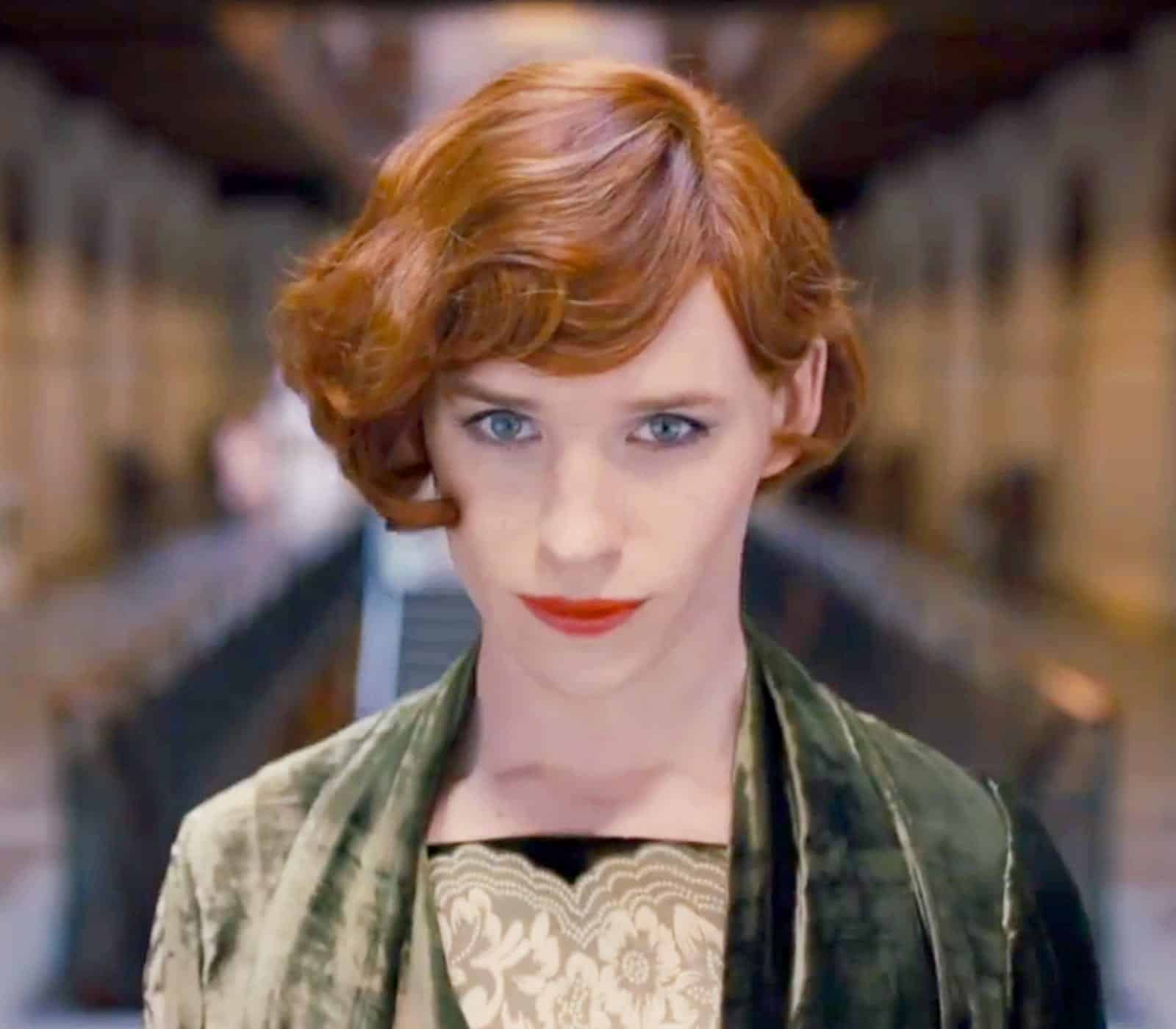A missed opportunity for Trans* populations

![[3A] Transgender - Focus Features](data:image/svg+xml,%3Csvg%20xmlns='http://www.w3.org/2000/svg'%20viewBox='0%200%20300%20263'%3E%3C/svg%3E) A deserved spotlight for a Trans* artist forgone due to Redmayne’s casting
A deserved spotlight for a Trans* artist forgone due to Redmayne’s casting
Author: annie trussler – contributor
“There are no small parts, only small actors.” Encouragement is given to anyone aspiring to act, so that they may shake off the shackles of reality and perform without judgment; however, is this encouragement truly valid if it is directed only to those of specific gender identities? Over the years of cinematic development, it is simple to say that acting opportunities have grown exponentially – and while it would be easy to dissect the unequal representation of men to women or the inaccurate portrayal of races, a current “Hollywood Revelation” has left a with sour taste in my mouth.
I nearly scrolled past a Facebook article proudly declaring that “Eddie Redmayne will play a Trans* icon in The Danish Girl!” This halted me, for I thought of Redmayne in a curled wig and stunning red lipstick. From my in-depth experience with Les Miserables and general pop culture knowledge, I was certain that Redmayne was cisgender (to have your gender identity align with your sex assigned at birth), and had been for his entire career. So then why, I wondered, would they cast him in a revolutionary Trans* role?
The Danish Girl follows the story of Lili Elbe, one of the first known recipients of gender reassignment surgery. A Variety article by Ramin Setoodeh boasts that this film will “test Hollywood’s ultimate glass ceiling” – an empty statement, to say the least. Perhaps the representation of a Trans* icon in Hollywood, to some, would be the final, most grandiose battle cry for the underrepresented LGBT community in media spheres, but this is precisely where the problem lies. A story about Trans* triumph is hollow when the icon is represented by a person of the wrong gender. By casting Redmayne in this role, and then declaring this film to be a courageous action, Hollywood is (once again) erasing the true Trans* identity by equating cisgender Redmayne to Trans*gender Elbe. By casting a cisgender male, we completely erase the true message of Elbe’s Transition: she is not, and never will be, a man.
This insidious tactic exists in number of popular media outlets. Degrassi, a show that features Adam Torres (a Trans* male character) is portrayed by the cisgender actress Jordan Todosey. Again and again, these miscarriages of true Trans* representation appear, successfully robbing characters of true Trans* identities while simultaneously appeasing the under informed Hollywood audiences. By offering the masses the illusion of Trans* representation, audiences will take these false presentations as a victory, and deem the battle won.
Recently, I posted about this issue on Facebook, pleading for Trans* people to finally play Trans* roles. I was immediately countered with, “Who would you expect to play the roles?” Well, dozens of Trans* actors, such as Laverne Cox, Janet Mock, Marci Bowers, Carmen Carrera, just to start, have established themselves in the media sphere. Already, Trans* individuals have made massive ripples in the realm of Trans* rights, film, sports, television, fitness, self-help, but again and again, Trans* actors are denied the opportunity to portray themselves, and stories relating to their journeys. People who have overcome Trans*phobia, dysphoria, abuse, segregation, violence, and dehumanization are refused chances to tell the public about their stories through the silver screen, one of the world’s most influential mediums.
When faced with a personal insecurity, one looks to the media; I tend to look for women of my size, my stature, my orientation, my hairstyle, so forth. To find oneself in celebrities and film allows you to feel accepted, and generally appreciated by a mass demographic. There’s no shame in seeking similarities amidst people and widely-accepted mediums. I find that human. Now, consider and apply that statement to a population that’s been discriminated against, bullied, beaten, and shamed often to death. As Trans* populations cannot find any authentic likenesses of themselves in the media, this leaves them feeling unimportant and unfit to even have icons for people like themselves.
My qualm isn’t with Eddie Redmayne, nor the telling of Lili Elbe’s story: I celebrate his artistry, and honour Elbe’s bravery and resilience. I simply mourn an opportunity to showcase a budding Trans* artist in a story founded on Trans* strength and survival. Instead, Trans* artists were, once again, overlooked in place of a cisgender male. Art is defined by possibility and imagination, and it pains me to see such opportunity squandered yet again.

![[3A] Transgender - Focus Features](http://www.carillonregina.com/wp-content/uploads/2015/09/3A-Transgender-Focus-Features-300x263.jpg)








